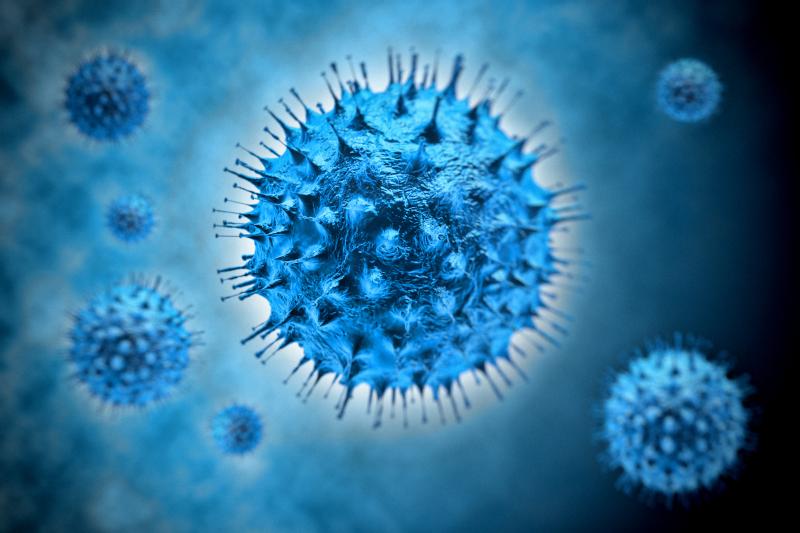
Hydroxychloroquine appears to have more potent in vitro anti-SARS-CoV-2 activity than chloroquine, as shown in a study.
Hydroxychloroquine is said to share the same mechanism of action as chloroquine, although the former has better tolerability, making it the preferred drug to treat malaria and autoimmune conditions. In the current study, researchers tested the hypothesis that the immunomodulatory effect of hydroxychloroquine also may be useful in controlling the cytokine storm occurring late-phase in critically ill coronavirus disease 2019 (COVID-19) patients.
The researchers used SARS-CoV-2 infected Vero cells to examine the pharmacological activity of chloroquine and hydroxychloroquine. They built physiologically based pharmacokinetic models (PBPK) for both drugs separately by integrating their in vitro data. These PBPK models facilitated simulation of hydroxychloroquine concentrations in lung fluid under five different dosing regimens to identify the most effective regimen with a good safety profile.
In vitro study revealed that both drugs had good antiviral activity, reducing the viral replication in a concentration-dependent manner. The EC50 values were smaller for hydroxychloroquine than for chloroquine both at 24 hours (6.14 vs 23.90 μM) and at 48 hours (0.72 vs 5.47 μM), indicating superiority of the former in terms of potency.
In the PBPK model, the recommended hydroxychloroquine sulfate regimen for SARS-CoV-2 infection was a loading dose of 400 mg twice daily given orally, followed by a maintenance dose of 200 mg given twice daily for 4 days. This regimen was three times as potent as chloroquine phosphate when given 500 mg twice daily 5 days in advance.
The findings suggest that hydroxychloroquine may be a promising drug for the treatment of SARS-CoV-2 infection, the researchers said.